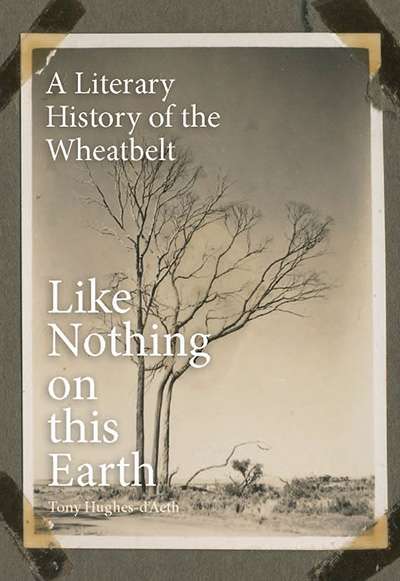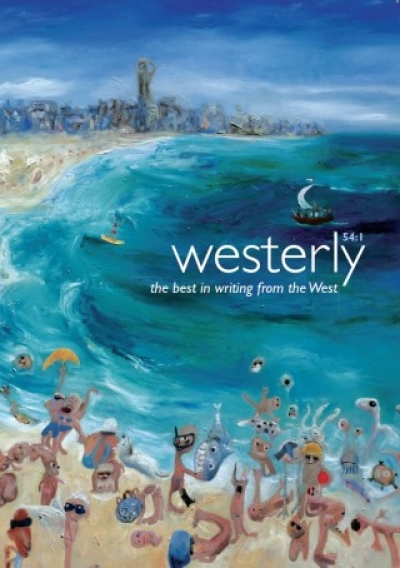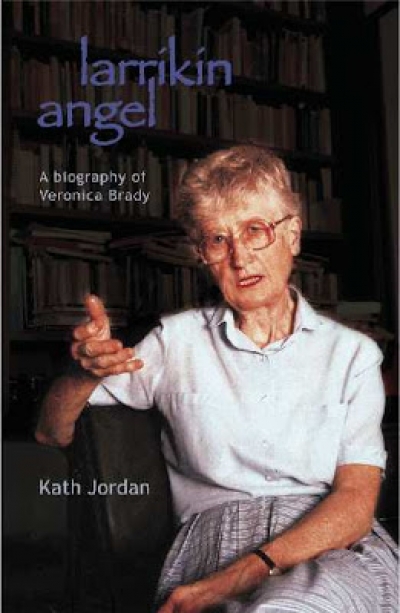Delys Bird
Like Nothing on this Earth: A literary history of the wheatbelt by Tony Hughes-d’Aeth
by Delys Bird •
Elizabeth Jolley’s personal and publishing history is well known. She migrated from the United Kingdom to Western Australia with her husband, Leonard, and their three children in 1959, when Leonard was appointed Librarian at the University of Western Australia. Although she had been writing from a young age and had brought a great ...
Westerly: Vol. 59, No. 2 edited by Delys Bird and Tony Hughes-d’Aeth
by Luke Johnson •
Tim Winton: Critical Essays edited by Lyn McCredden and Nathanael O’Reilly
by Delys Bird •
Westerly, vol. 59, no. 1 edited by Delys Bird et al.
by Cassandra Atherton •
Westerly Vol. 54, No. 1 by Delys Bird and Dennis Haskell
by Patrick Allington •
Westerly edited by Delys Bird and Dennis Haskell & HEAT edited by Ivor Indyk
by Lyn McCredden •









